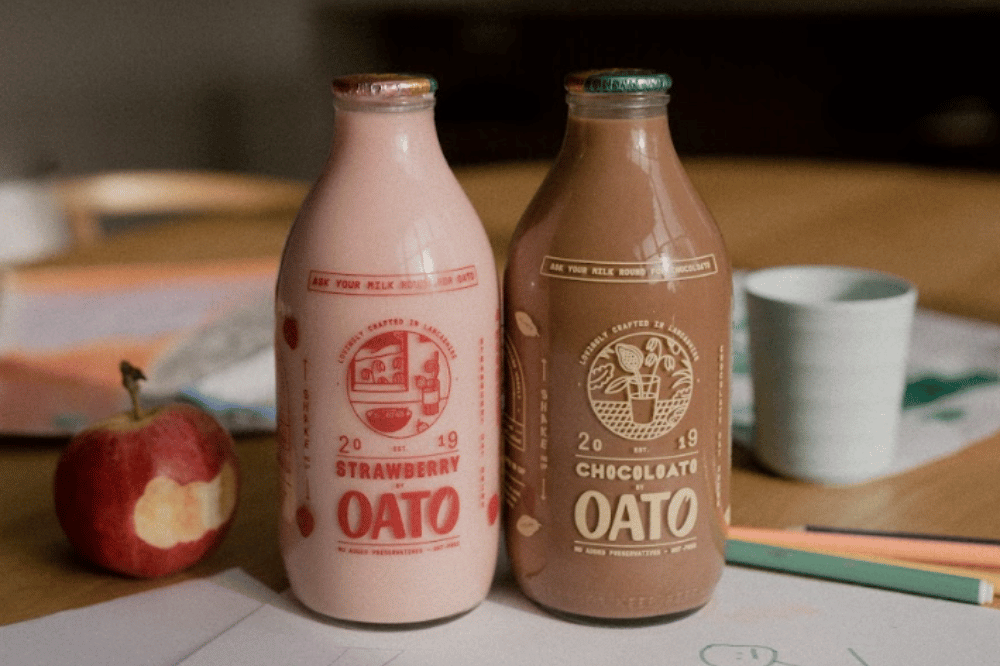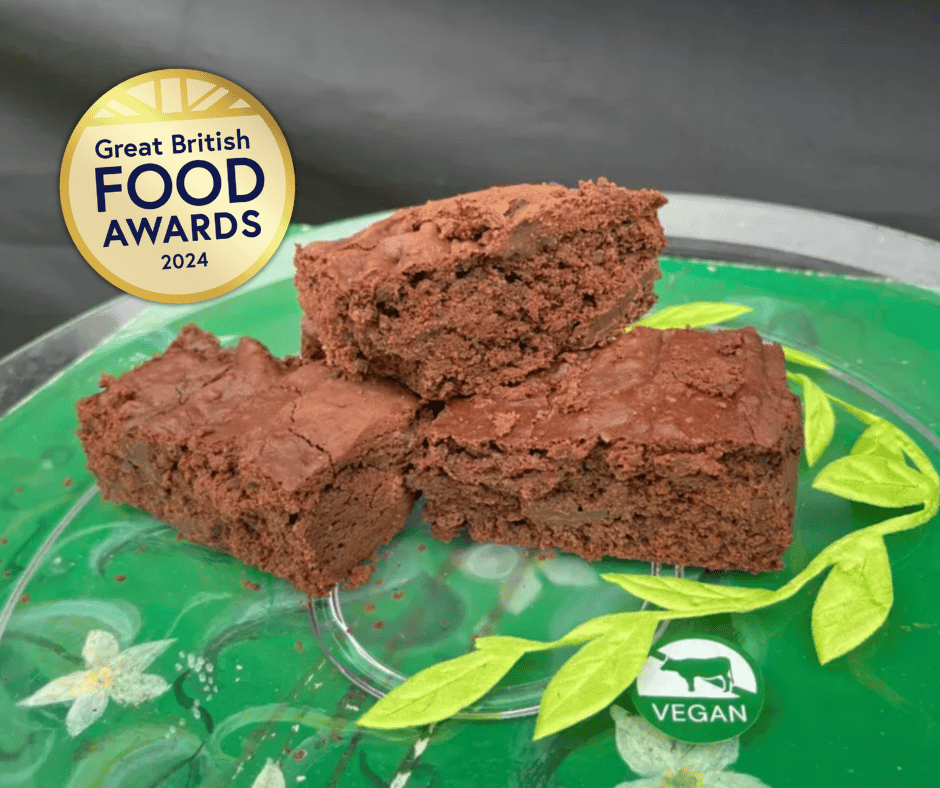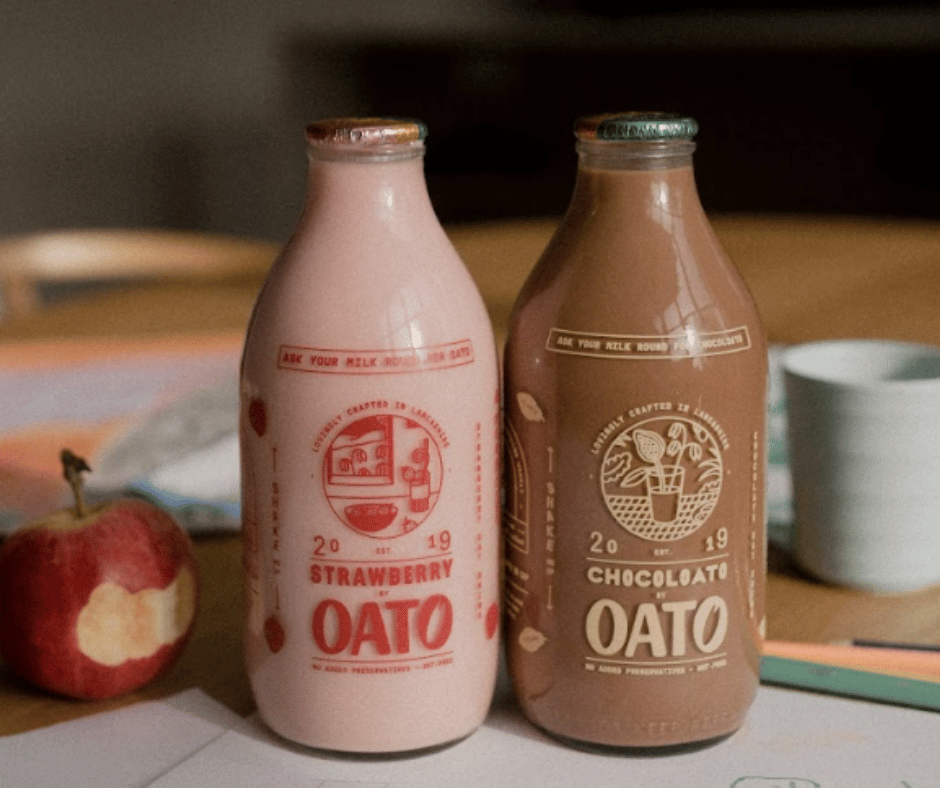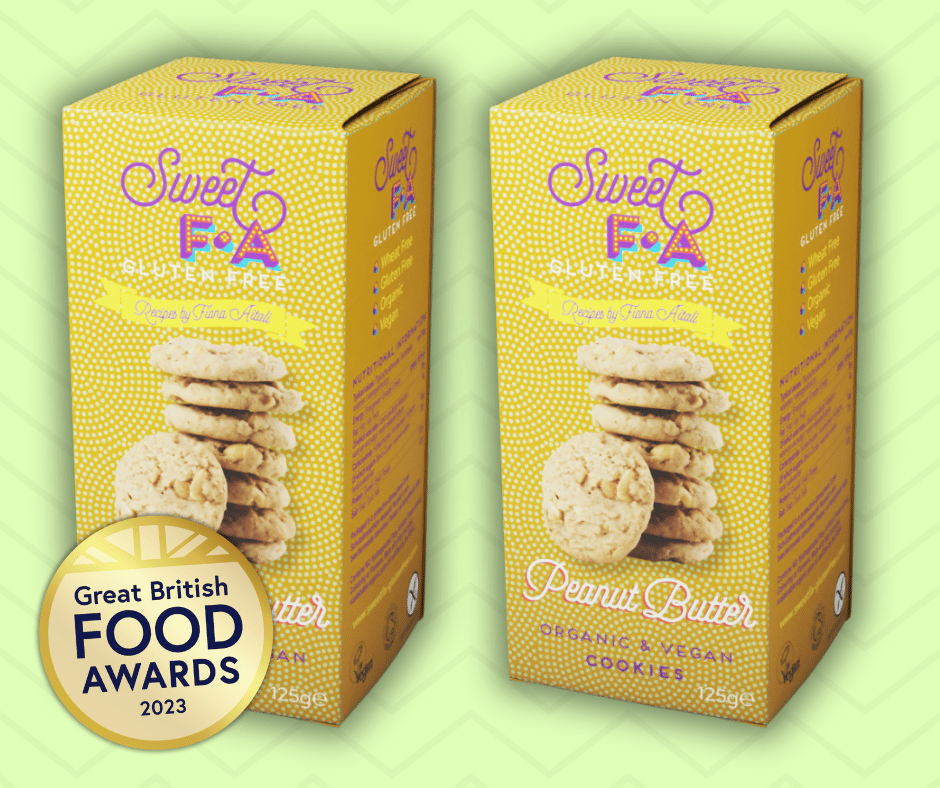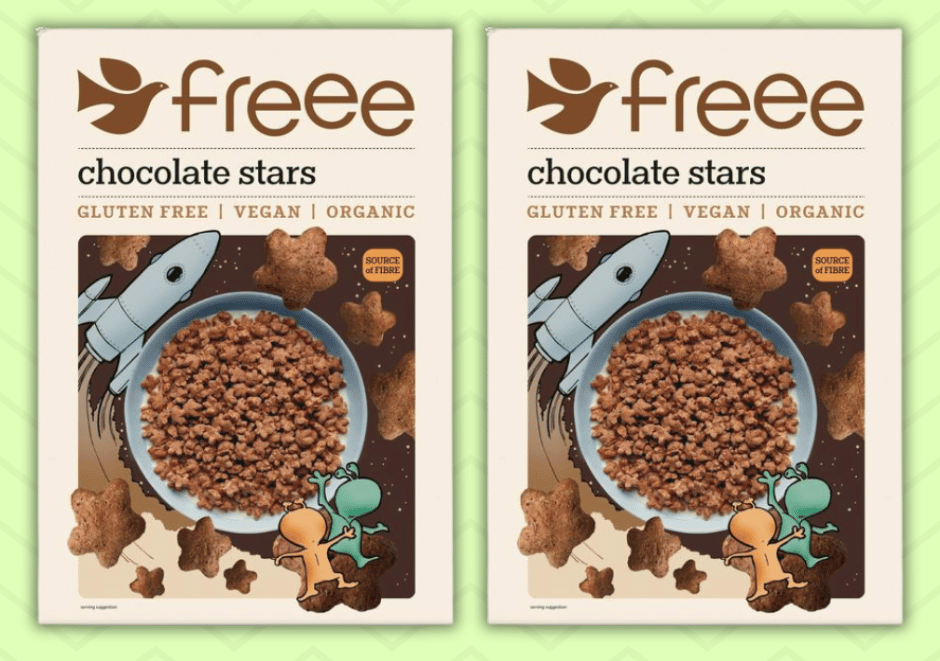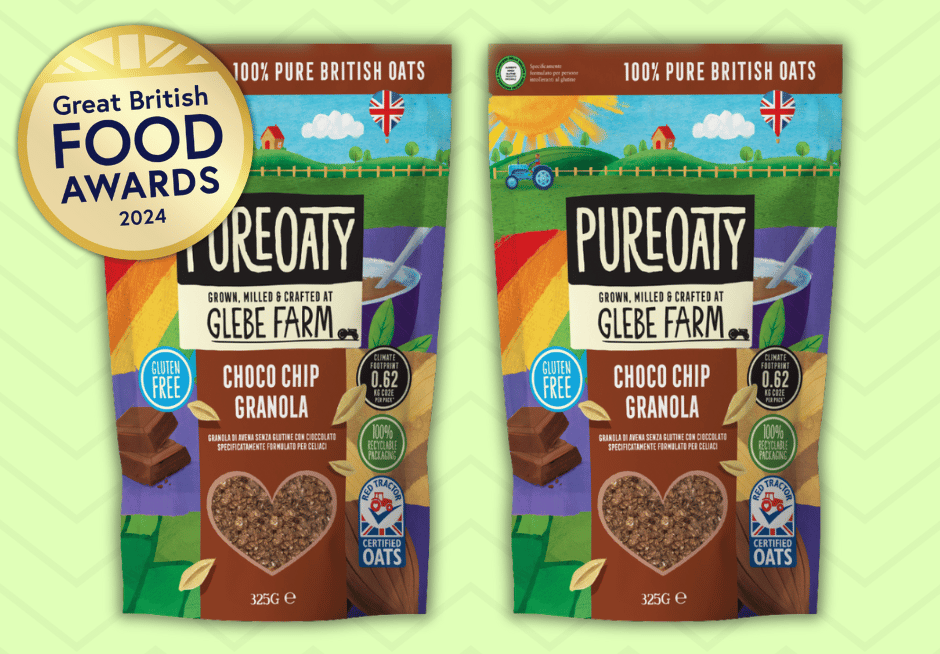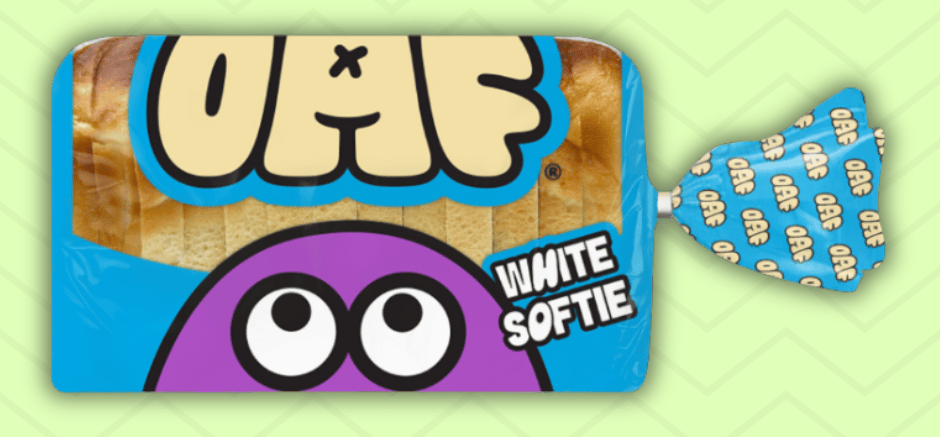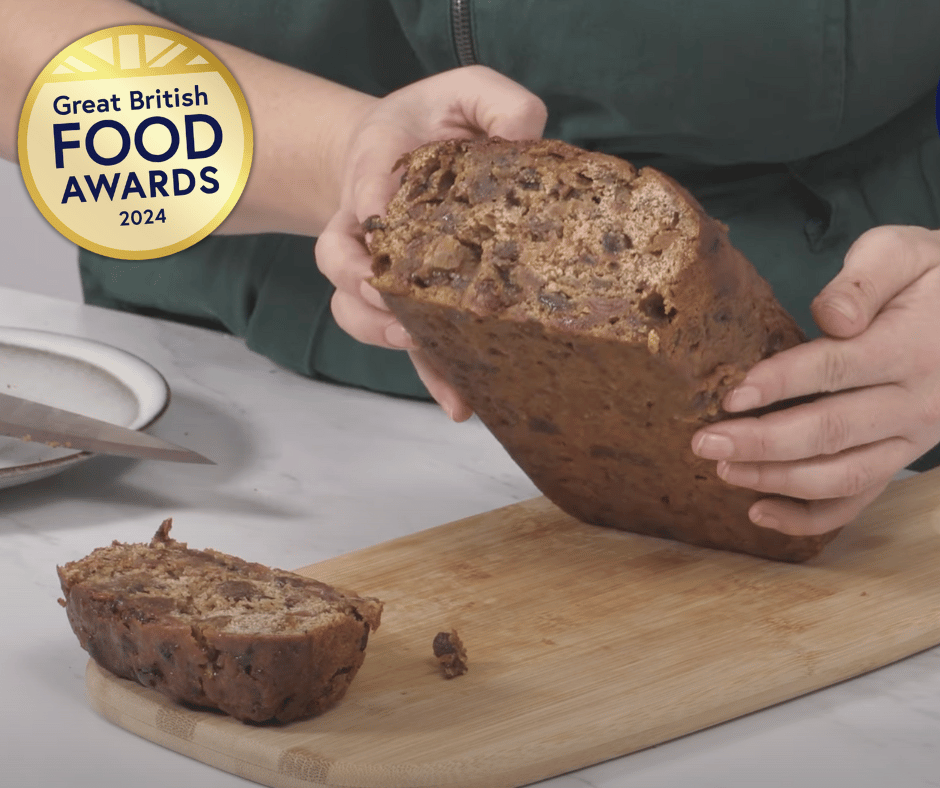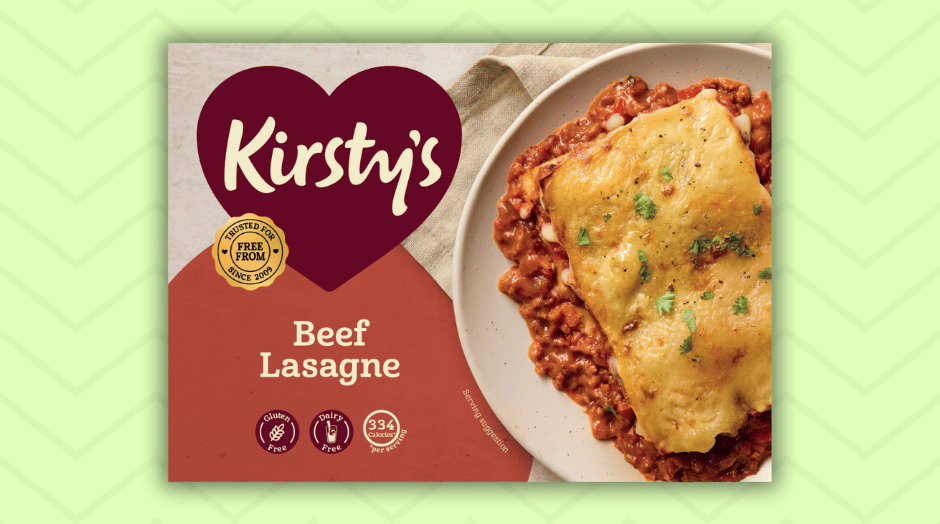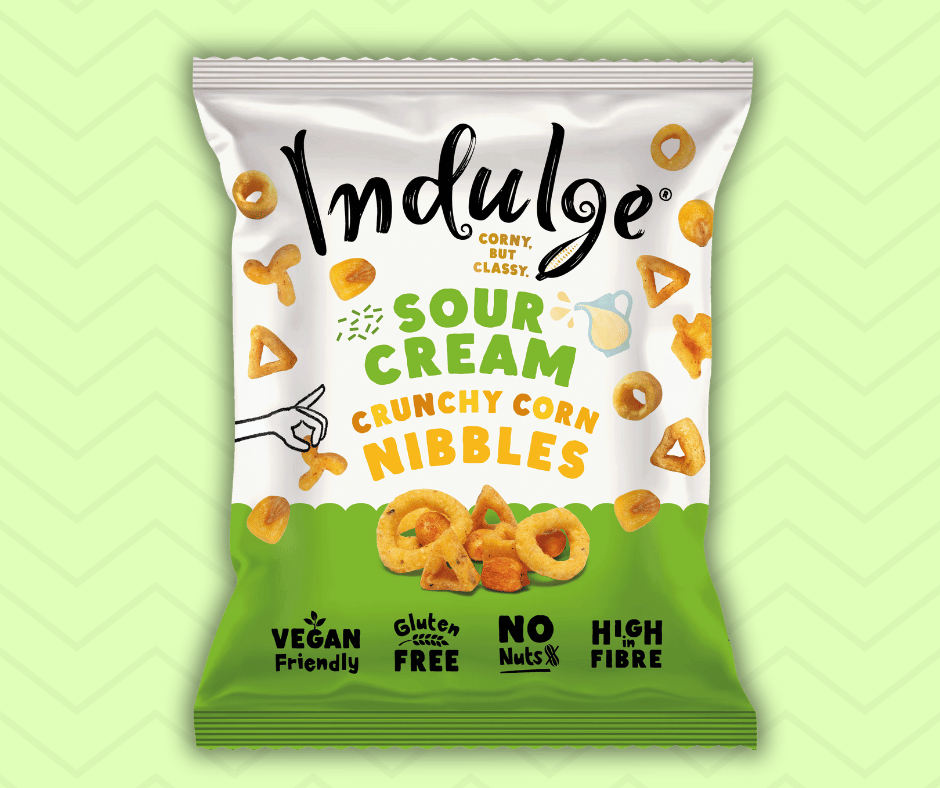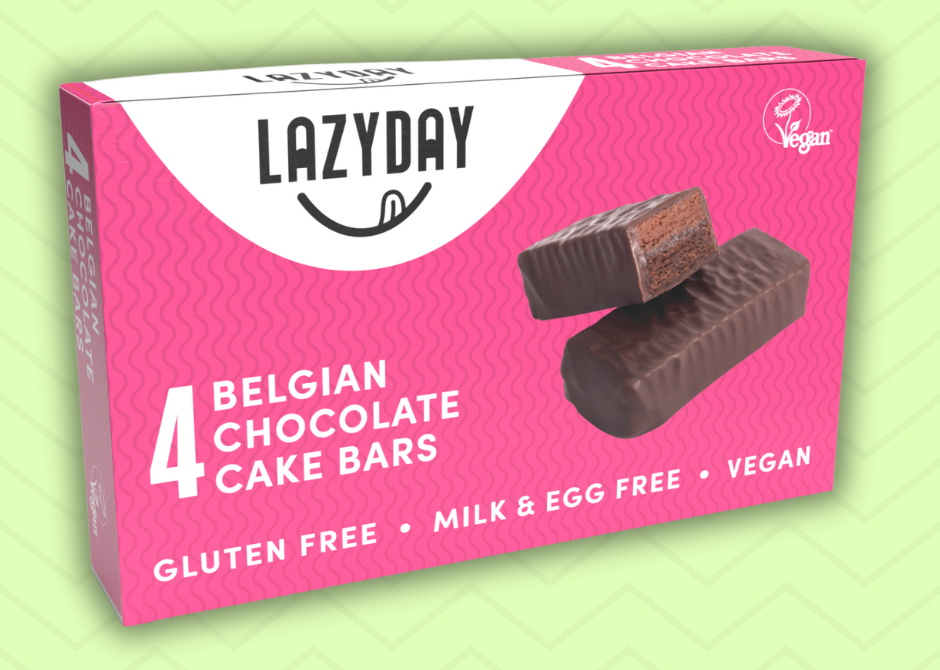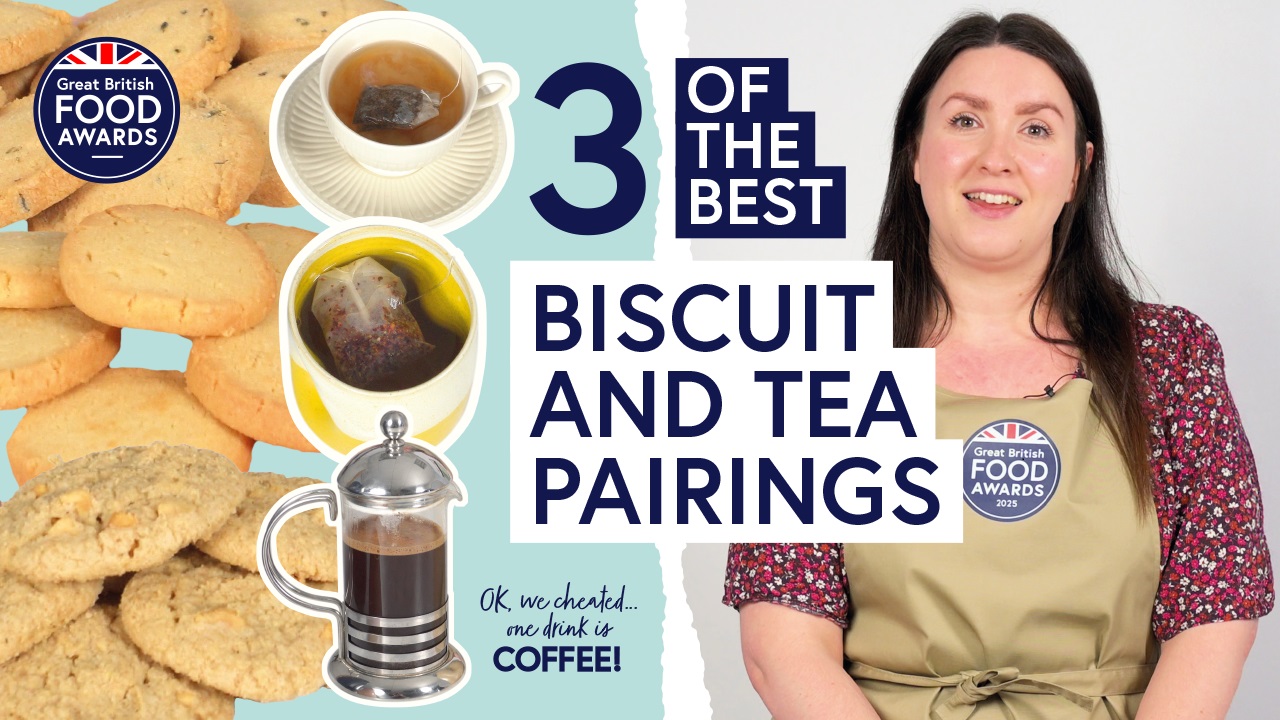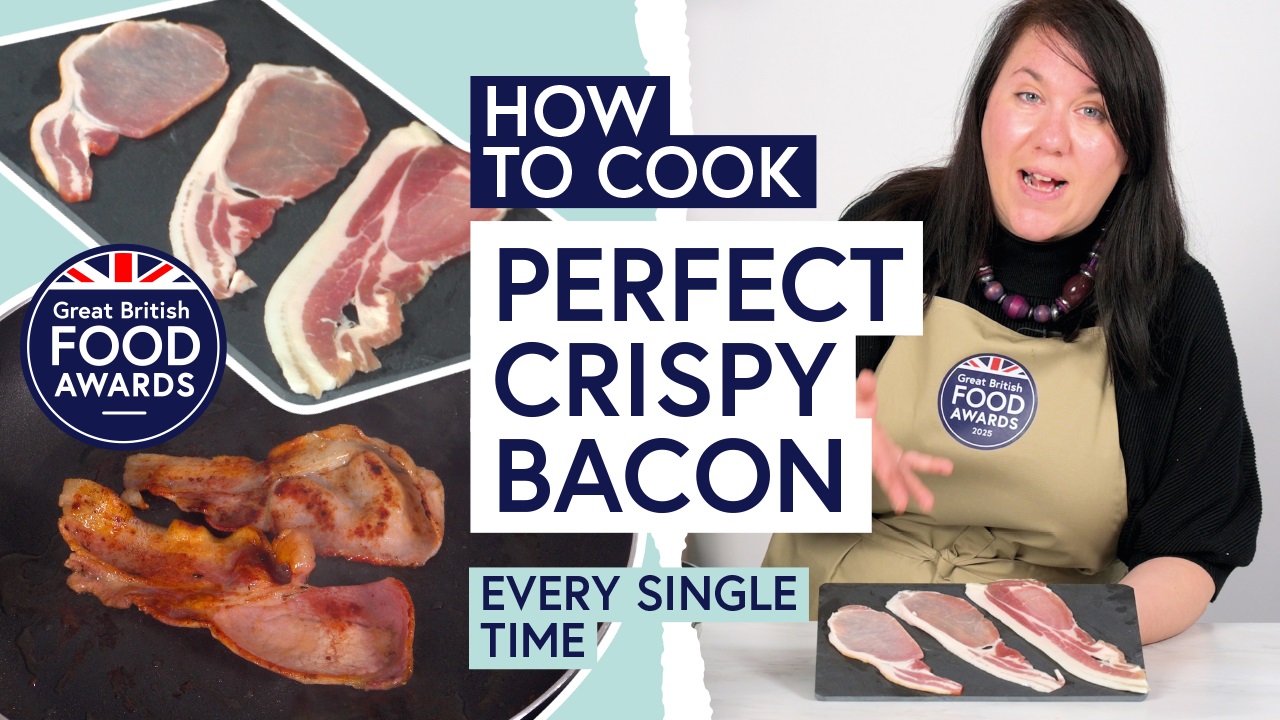Britain’s free-from sector is growing rapidly as more of us seek out food and drinks that align with special diets and health concerns.
In fact, a whopping 44% of British adults suffer from at least one allergy, according to Allergy UK. The charity cites figures estimating that up to 10% of children and adults have a food hypersensitivity. And as many as 20% of the population experience some reactions to foods.
It’s no surprise then that the free-from sector continues to snowball. “There's been growing public awareness and education around food allergies over the past few years and what to look out for in your diet,” explains Philip Rayner. He's MD and co-founder of Glebe Farm Foods, which makes oat-based products that are free from dairy and gluten.
“People also have access to information, recipes and advice on living gluten-free or managing other dietary needs at their fingertips with the rise of TikTok. This has really helped people feel more confident to try free-from options,” he continues.
One in five trying free-from
And try they do. “Over the past few years we have seen a growing number of people looking for free-from options. More than one in five now choose to avoid ingredients such as gluten, milk, nuts, egg or soya,” says Clare Marriage. She's CEO and founder of Freee, the UK’s top gluten-free flour brand.
“People with allergy considerations, as well as those looking to make healthier lifestyle choices, are increasingly buying a range of gluten-free foods.”
With more interest from shoppers comes new product launches and tastier formulations. Clare says there’s “simply more choice available now”.
“While someone might previously have had just one (not very pleasant!) option for gluten-free bread or pasta, there’s now a whole range of quality products on shelf.
“We can see that retailers are dedicating more space to this category. Brands are also stepping up with a wider variety of products that don’t compromise on taste or texture. This means people don’t feel like they’re sacrificing when they purchase free-from.”
Plus, it’s no longer just a case of replacing wheat or dairy with alternatives, says Dean Harper, catering expert and founder of Harper Fine Dining.
“A shift in trend toward functional free-from foods is emerging, designed to avoid allergens and also replace lost nutrients,” he explains.
“Bread enriched with fibre, calcium and B-vitamins addresses the nutrient gap often found in gluten-free diets. Meanwhile, dairy-free yoghurts now carry live cultures to support gut health. Even snack bars are being reformulated with added protein and iron, targeting consumers who cut out animal products.”
Why buy gluten-free products now?
There’s never been a better time to scour Britain’s bakery aisles for free-from-gluten products. According to Philip from Glebe Farm Foods, it’s an area of particularly big change, with a growth rate almost triple that of non-free-from items. “We're seeing everything from gluten-free sourdough to breakfast muffins hitting shelves now.”
“Some British free-from bakeries have cracked the “crumb” problem, producing loaves and cakes that retain structure to rival wheat-based conventional bakes,” Dean adds. “Thanks to refinement in blends of gluten-free flours and natural binders, texture is no longer a giveaway. Brands are now producing sourdoughs and sponges that are indistinguishable from traditional bakes.”
Indeed, the make-or-break consideration is now flavour, Clare says. “Here at Freee, we believe the most important thing about making a great gluten-free product is that it should taste delicious and never feel like a compromise.”
And it’s not just big brands pushing the envelope in free-from-gluten biscuits, breads and cakes. “There’s a clear uptick in innovation in this area and not just from big brands. Foodie influencers are also tapping into the space,” Philip adds.
“For example, Megan McKenna has recently launched her own gluten-free bread line that’s already gaining traction among younger consumers online.”
What’s new in dairy-free?
A huge shift in diets in recent years has seen an explosion of dairy-free milk alternatives. As Philip says, “Oat milk is really stealing the spotlight.”
Lawrence Moore, commercial director at Oato, which makes fresh oat milk, believes it’s down to oat milk’s versatility in coffee, breakfast and more.
“A relatively neutral flavour and consistency have found popularity with consumers from all walks of life – not just those who can't make it through the day without their oat milk latte!” he says.
Being naturally free from dairy, nuts and soy – all common allergens – oat milk is a clear go-to, and it’s no surprise that it has almost become the default in dairy alternatives.
This uptick in dairy-free milk substitutes – and particularly oat milk – has been driven by those interested in vegan diets, sustainability and health and wellness.
Plus, oat milk is now available almost anywhere. “It has become a no-cost option in high street coffee shops, which has undoubtedly helped with popularity, and UK retailers continue to afford it appropriate space in stores, which brings it to the attention of existing consumer groups and the ever-growing population of flexitarians and the ‘plant curious’,” Lawrence adds.
With the flavour and texture much improved in recent years (if you were once subjected to an unappetising oily film when adding oat to your morning cuppa, rest assured that quality oat milk has come a long way), innovations now mean new and exciting products.
“Some brands are launching new ready-to-drink formats for on-the-go occasions and are experimenting with popular flavour profiles like matcha and turmeric,” Philip says.
“Others, like us, are also fortifying ingredients with added vitamins and minerals like vitamin D and calcium to give an extra health boost and help match the natural nutritional value you’d get from dairy milk,” he continues.
Why buy British free-from products?
Although the free-from category is growing, it can still be a mission to find the right products when you have an allergy or food sensitivity. So why go out of your way to seek out British-made products?
First and foremost, buying British-made free-from foods plays a big role in supporting local communities. For example, Glebe Farm Foods works with more than 100 British farmers to grow and produce its gluten-free oat products.
“This means that when customers choose our products, they're supporting British agriculture and our local communities,” MD Philip says.
More broadly, choosing British also means supporting the UK’s food security and reducing the reliance on global supply chains.
“In an uncertain world, having a resilient and self-sufficient food supply is more important than ever. Especially for those with food allergies who need consistent access to safe, reliable products they can trust without worrying about sudden shortages or changes in ingredients,” he adds.
Plus, when we have such great products on our shores, why wouldn’t you choose British?
10 safe and tasty free-from products to try
Without further ado, explore our pick of ten of the best free-from products to try below...
